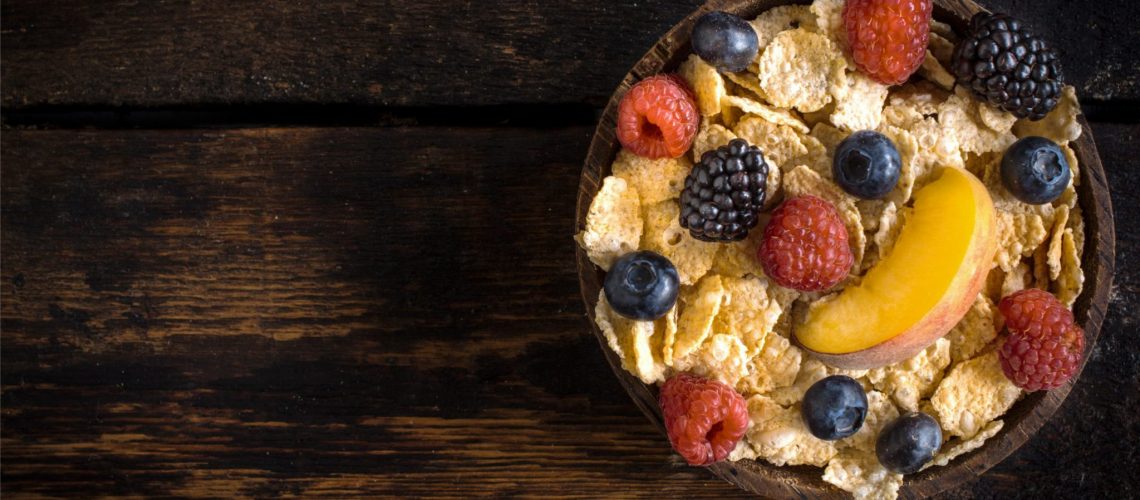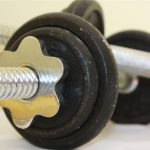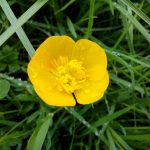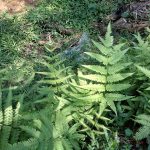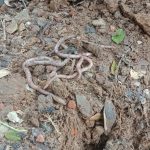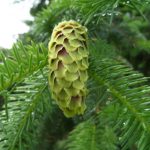10 Small Steps to Improve Your Health
Many of us make health-related resolutions, such as to lose weight, stop smoking or join the neighborhood health club. While it is common to set high goals, experts say that setting smaller goals could do more for our health. These small goals are easily attainable and motivate us to move further. It is this motivation that helps us attain the unattainable however small it may be.
“Small steps are achievable and are easier to fit into your daily routine,” says James O. Hill, Ph.D., Director of the Center for Human to follow Nutrition at the University of Colorado Health Sciences Center. “They are less overwhelming than a big, sudden change.” The small change in weight that these steps can cause will be the deciding factor for us to take this exercise seriously
Here are 10 to try:
1. Keep an eye on your weight and work on making sure you are not gaining extra pounds or Kilogrammes. Even if you gain just a pound or two every year, the extra weight adds up quickly.
2. Take more small steps.
Use a pedometer to count your daily steps; then add 2,000, the equivalent of one extra mile. Keep adding steps, 1,000 to 2,000 each month or so, until you take 10,000 steps on most days. Try to use the lift or elevator as many times as possible whenever you get the chance
3. Eat breakfast.
Breakfast eaters tend to weigh less and have better diets overall. For a filling and nutrition-packed breakfast, top Whole Grain meals containing rice/corn or wheat flakes with fresh fruit slices and low-fat or fat-free milk.
4. Switch three grain servings each day to whole grain.
If you’re like the average American, you eat less than one whole grain serving a day. In Asian cuisines whole grain and carbohydrate staples are common. See which of these can be converted to whole grain servings like rice flakes, corn flakes and broken wheat
5. Have at least one green salad every day.
Eating a salad (with low-fat or fat-free dressing) is filling and may help you eat less during the meal. It also counts toward your five daily cups of vegetables and fruits.
6. Trim the fat. Fat has a lot of calories, and calories count. Purchase lean meats, eat poultry without the skin, switch to lower-fat cheeses, use a nonstick pan with only a dab of oil or butter.
7. Consider calcium by including two or three daily servings of low-fat or fat-free milk or yogurt. Dairy calcium is good for bones and may also help you lose weight.
8. Downsize.
The smaller the bag, bottle or bowl, the less you will eat. This will also help boost your morale when your friends and colleagues appreciate the steps you are taking to lose weight.
9. Lose just 5 to 10 percent of your current weight.
The health benefits are huge-lower blood pressure, blood sugar, cholesterol and triglycerides. Losing weight at a rate faster than this may tell upon your health and may lead to wrinkling of the skin or sudden emaciated appearance.
10. Keep track of your eating.
Write down what you eat over the next couple of days and look for problem spots. Often, just writing things down can help you eat less. Moreover maintaining a record of what you have eaten is the best way to find out what type of food affects your weight loss or gain. In this way it is possible to decide on what type of diet schedule to follow.
